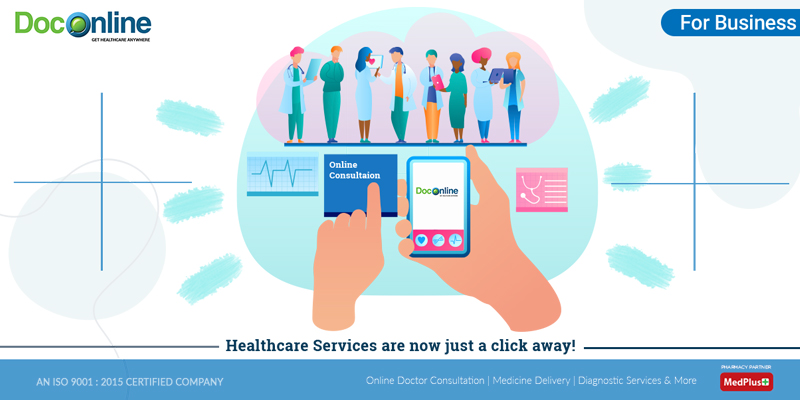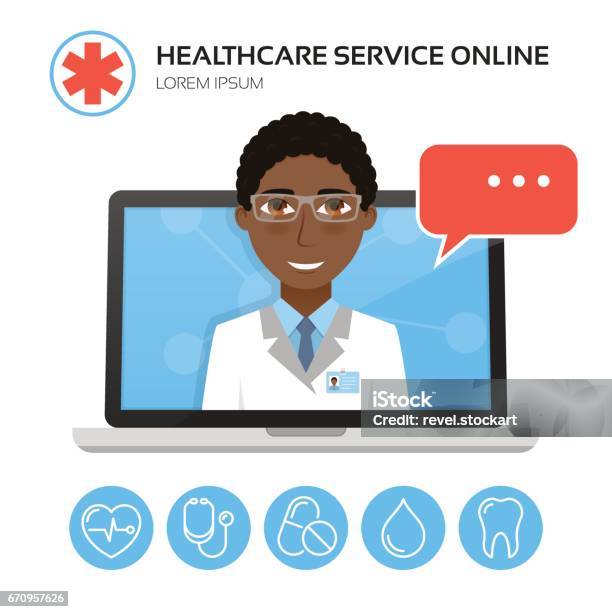Discovering the Development of Subscription Based Healthcare in the Digital Age
Discovering the Development of Subscription Based Healthcare in the Digital Age
Blog Article
The Rise of Subscription-Based Medical Care and Its Effect On Patient Care
As healthcare evolves, the subscription-based design is gaining traction, promising to revolutionize client treatment by offering predictability and accessibility. These versions, which bypass conventional insurance, might redefine the patient-doctor dynamic, stressing preventative and individualized treatment. Yet, similar to any advancement, they present obstacles, particularly concerning fair accessibility for all socioeconomic teams. The potential for these designs to reshape healthcare shipment increases pushing concerns regarding their long-term sustainability and inclusivity. Are these membership solutions the future of medical care, or do they take the chance of leaving prone populaces behind? The complexities of this shift warrant a better evaluation.
Recognizing Subscription Health Care Models
Grasping the principle of registration medical care models entails analyzing a transformative strategy to clinical services that emphasizes cost and availability. These models, commonly referred to as straight medical care (DPC) or concierge medication, have actually become innovative choices to standard fee-for-service medical care systems. Subscription healthcare allows individuals to pay a fixed monthly or yearly fee for a defined collection of clinical solutions, which might include unrestricted office brows through, regular check-ups, and standard laboratory examinations, without the requirement for typical insurance coverage invoicing.
The framework of registration medical care models is designed to simplify patient treatment by removing third-party payers and complicated payment codes, therefore reducing administrative concerns. Doctor can concentrate extra on client treatment, fostering stronger patient-provider connections. This design likewise promotes preventative treatment by encouraging normal check outs, as the monetary challenge of per-visit fees is removed.
The membership version usually equips doctor to handle smaller sized individual panels, permitting more personalized treatment. It straightens financial incentives with person health and wellness results, as suppliers are motivated to maintain patient satisfaction and wellness. Generally, understanding registration medical care versions calls for acknowledging their potential to reshape just how treatment is supplied and accessed.
Benefits for People and Suppliers

With a constant earnings stream, healthcare experts can dedicate more time to each patient, leading to an extra complete and customized treatment experience. The emphasis on preventive treatment within subscription plans can lead to much better patient outcomes and minimized lasting health care prices.
Difficulties and Problems
While subscription-based medical care models present various advantages, they also come with a collection of obstacles and concerns that have to be attended to. This increases ethical concerns about equitable access to medical care solutions.
Financial sustainability of subscription-based versions is one more worry. Service providers should balance the fixed revenue from subscriptions with the variable expenses of medical care services, which may fluctuate as a result of unpredicted clinical needs. This can create stress to restrict solutions or boost costs, potentially impacting patient contentment and care high quality.
Additionally, governing oversight of subscription-based health care models is still advancing. The absence of standardized structures can cause irregular solution quality and liability, complicating initiatives to guarantee individual defense. The integration of innovation-- commonly a foundation of these models-- elevates concerns concerning data privacy and protection, as delicate person info might be susceptible to breaches. Addressing these challenges is essential for the fair and effective application of subscription-based health care.
Effect On Patient-Doctor Relationships
One significant impact of subscription-based medical care versions on patient-doctor relationships is the possibility for boosted continuity and individualized treatment. By taking on a membership design, doctors can take care of a smaller patient panel, permitting even more specialized time with each person. This raised accessibility promotes a much deeper understanding of a patient's medical history, lifestyle, and choices, allowing much more customized therapy plans and interventions.

However, it is essential to acknowledge that while subscription-based models might profit those that can manage them, they could unintentionally expand healthcare differences. People that are not able to take part in these models might experience lower access to personalized treatment, possibly affecting their partnerships with doctor. Thus, while the membership version uses promising advantages for patient-doctor partnerships, it also positions difficulties that need to be addressed to guarantee fair healthcare access.
Future of Health Care Accessibility

The role of technology can not be overlooked in this improvement. Telemedicine platforms and electronic wellness documents help with smooth interaction in between patients and health care service providers, damaging down logistical and geographical obstacles. Additionally, advancements in expert system and information analytics can additionally personalize treatment by anticipating individual requirements and enhancing treatment strategies.
Nevertheless, the future of health care accessibility likewise provides difficulties, such as ensuring equity across different socio-economic groups. Policymakers and doctor have to collaborate to link the electronic divide, guaranteeing that subscription-based models stay comprehensive and inexpensive. As these systems develop, they hold the promise of making healthcare more accessible, reliable, and patient-centric.
Conclusion
Subscription-based healthcare designs are reshaping client treatment by supplying a steady expense structure and boosting availability. The increase of subscription-based medical care encourages proactive client engagement, which has the possible to enhance person outcomes and complete satisfaction, signifying a transformative change in medical care distribution.
As medical care evolves, the subscription-based model is gaining grip, guaranteeing to transform individual treatment by providing predictability and access.Subscription-based medical care models supply unique advantages for both companies and clients, improving the general healthcare experience.As healthcare systems progress, the future of health care access frequently pivots on the assimilation of ingenious designs and technologies.Subscription-based healthcare versions are reshaping individual treatment by offering a steady price framework and Visit Website improving availability. The rise of subscription-based healthcare urges positive client interaction, which has the potential to enhance individual results and complete satisfaction, signifying a transformative change in health care shipment.
Report this page